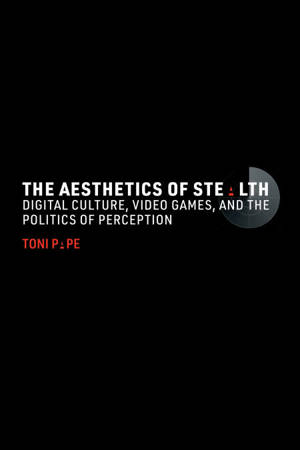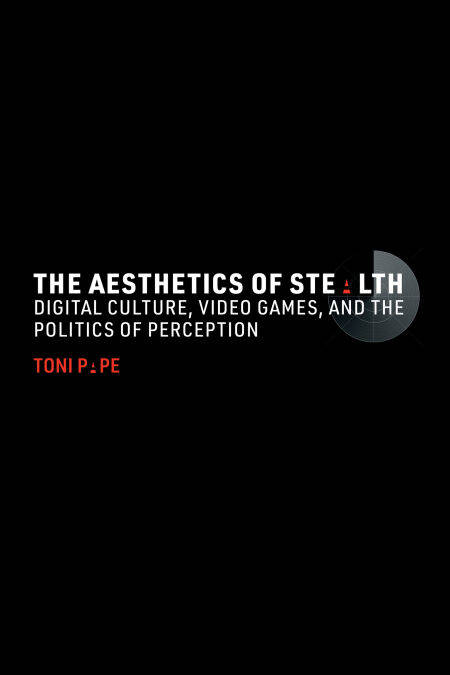
- Afhalen na 1 uur in een winkel met voorraad
- Gratis thuislevering in België vanaf € 30
- Ruim aanbod met 7 miljoen producten
- Afhalen na 1 uur in een winkel met voorraad
- Gratis thuislevering in België vanaf € 30
- Ruim aanbod met 7 miljoen producten
Zoeken
The Aesthetics of Stealth E-BOOK
Digital Culture, Video Games, and the Politics of Perception
Toni Pape
E-book | Engels
€ 39,42
+ 39 punten
Omschrijving
How performances of tactical imperceptibility—or “stealth”—have become a key political practice in digital culture as a means of escaping surveillance and tracking technologies.
In The Aesthetics of Stealth, Toni Pape proposes the first aesthetic and cultural theory of stealth, a mode of political action. The primary goal of stealth is to act efficiently while remaining imperceptible. Pape begins with the observation that the desire for stealth is a sociocultural response to digital media culture, due to digital technologies’ unprecedented ability to track individual behavior. He argues that stealth operates as a cross-media aesthetic that can be observed in video games, television, and video art alike, particularly in so-called stealth video games, a genre that requires players to accomplish missions without being detected by in-game enemies.
Drawing on theories of perception, digital aesthetics, and video game studies, Pape proposes an analytical map of different modes of stealth such as “sneaking stealth,” “social stealth,” or “magical stealth.” The author’s findings are brought into dialogue with research in the fields of software studies, surveillance studies, and political theory to establish the political importance of stealth. While stealth is a resistance to pervasive sensing and tracking, Pape also shows that the principles of stealth politics are closely connected to urgent concerns like (cyber)warfare and other digital practices of targeting and surveillance that operate to entrench cultural values like heteronormativity and white supremacy.
In The Aesthetics of Stealth, Toni Pape proposes the first aesthetic and cultural theory of stealth, a mode of political action. The primary goal of stealth is to act efficiently while remaining imperceptible. Pape begins with the observation that the desire for stealth is a sociocultural response to digital media culture, due to digital technologies’ unprecedented ability to track individual behavior. He argues that stealth operates as a cross-media aesthetic that can be observed in video games, television, and video art alike, particularly in so-called stealth video games, a genre that requires players to accomplish missions without being detected by in-game enemies.
Drawing on theories of perception, digital aesthetics, and video game studies, Pape proposes an analytical map of different modes of stealth such as “sneaking stealth,” “social stealth,” or “magical stealth.” The author’s findings are brought into dialogue with research in the fields of software studies, surveillance studies, and political theory to establish the political importance of stealth. While stealth is a resistance to pervasive sensing and tracking, Pape also shows that the principles of stealth politics are closely connected to urgent concerns like (cyber)warfare and other digital practices of targeting and surveillance that operate to entrench cultural values like heteronormativity and white supremacy.
Specificaties
Betrokkenen
- Auteur(s):
- Uitgeverij:
Inhoud
- Aantal bladzijden:
- 240
- Taal:
- Engels
Eigenschappen
- Productcode (EAN):
- 9780262380775
- Verschijningsdatum:
- 7/10/2024
- Uitvoering:
- E-book
- Beveiligd met:
- Adobe DRM
- Formaat:
- ePub

Alleen bij Standaard Boekhandel
+ 39 punten op je klantenkaart van Standaard Boekhandel
Beoordelingen
We publiceren alleen reviews die voldoen aan de voorwaarden voor reviews. Bekijk onze voorwaarden voor reviews.








